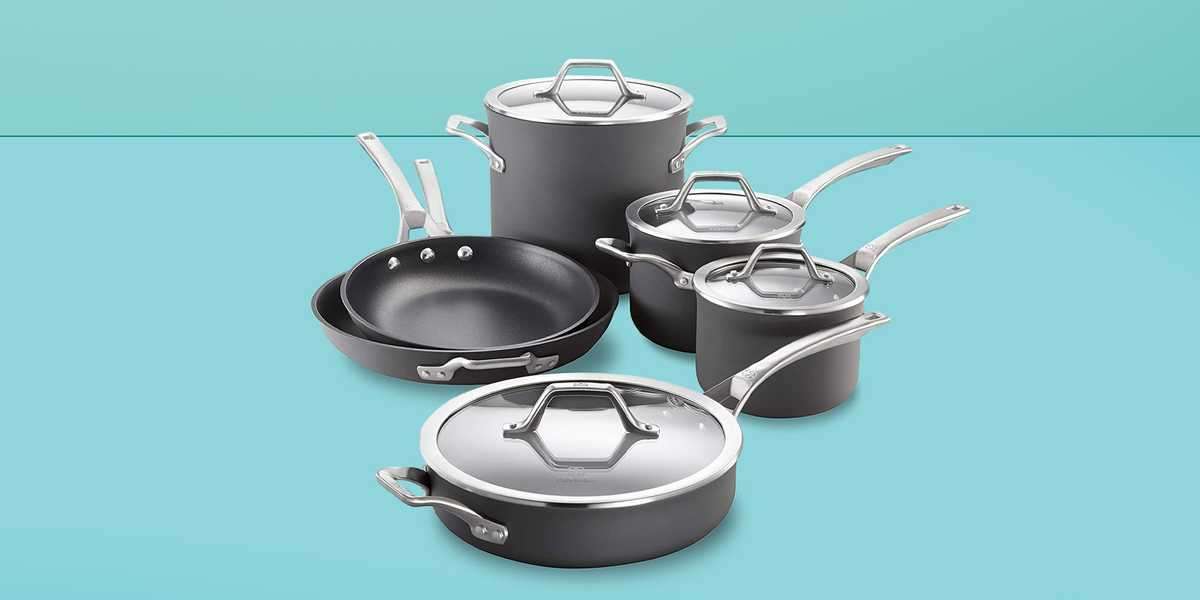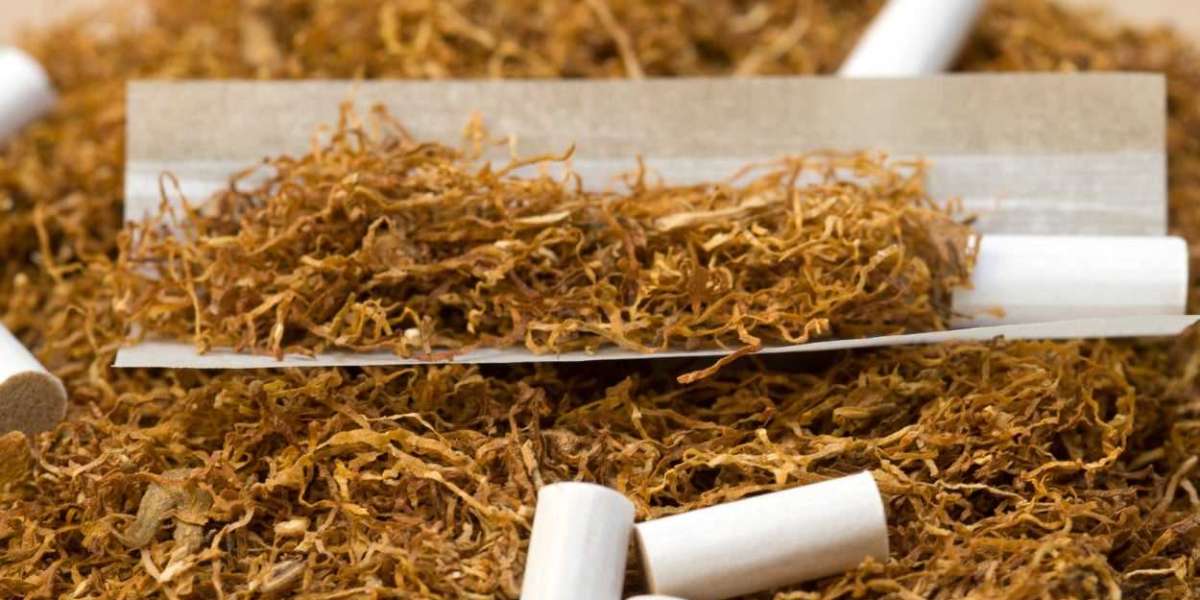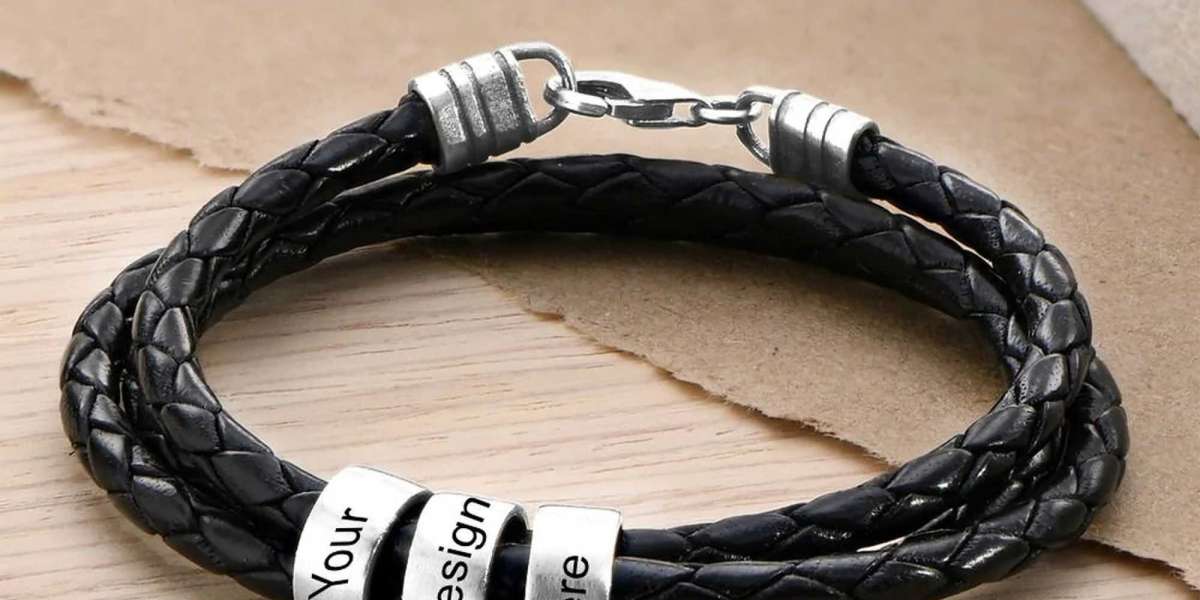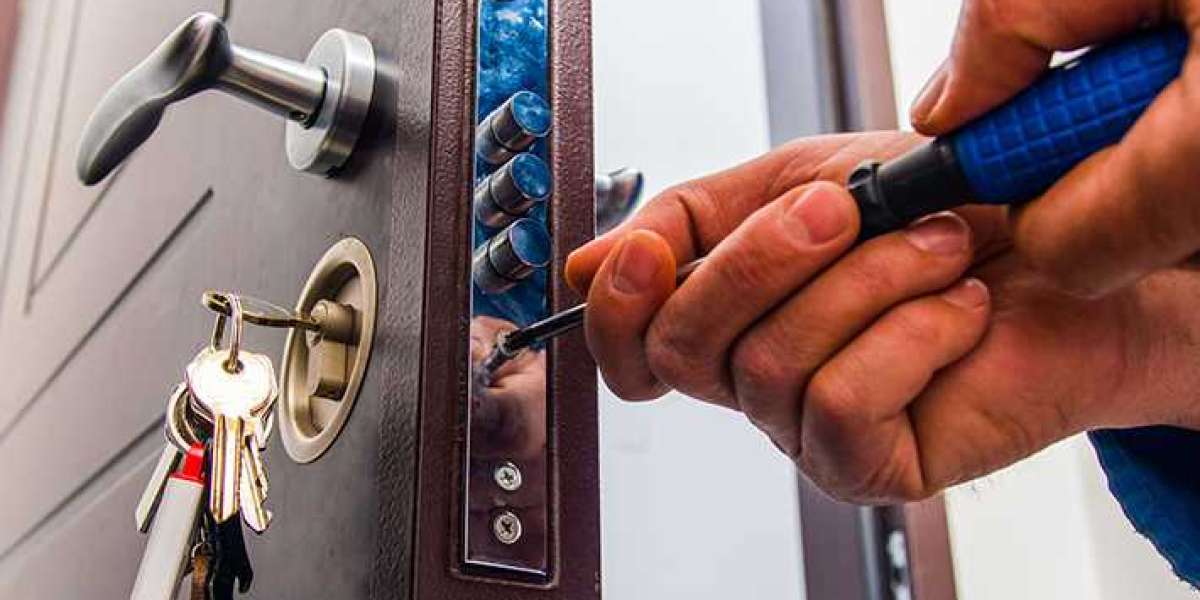Introduction
When it comes to choosing cookware, durability, and longevity are key factors to consider. Hard anodized cookware has gained popularity in recent years due to its excellent performance and robust construction. But how long does hard anodized cookware last? In this comprehensive guide, we will explore the lifespan of hard anodized cookware, factors affecting its longevity, maintenance tips, and more. So, let's dive in and discover everything you need to know about the durability of hard anodized cookware.
How Long Does Hard Anodized Cookware Last?
Hard anodized cookware is renowned for its exceptional durability and longevity. With proper care and maintenance, this type of cookware can last for many years, providing you with reliable and efficient cooking performance. On average, hard anodized cookware can last anywhere between 5 to 15 years, depending on various factors.
Factors Affecting the Longevity of Hard Anodized Cookware
The lifespan of hard anodized cookware can be influenced by several factors. Here are some key aspects to consider:
1. Quality of the Cookware
The quality of the hard anodized cookware plays a significant role in determining its longevity. Opting for reputable brands known for their superior craftsmanship and high-quality materials can ensure that your cookware lasts longer. Investing in well-made cookware may initially be more expensive, but it can be a worthwhile investment in the long run.
2. Frequency of Use
The frequency at which you use your hard anodized cookware can impact its lifespan. If you use it daily and subject it to rigorous cooking tasks, such as high-temperature frying or baking, the cookware may wear out faster compared to occasional use. However, with proper care and maintenance, even heavily used hard anodized cookware can endure for an extended period.
3. Cooking Techniques and Utensils
The cooking techniques and utensils you use with your hard anodized cookware can affect its longevity. While hard anodized cookware is generally resistant to scratches and abrasions, using metal utensils or abrasive cleaning tools can cause damage to the non-stick coating and decrease the lifespan of the cookware. It is recommended to use silicone, wooden, or nylon utensils to preserve the non-stick surface and avoid scratching.
4. Heat and Temperature
Exposure to extreme heat and temperature variations can impact the durability of hard anodized cookware. While hard anodized cookware is designed to withstand high temperatures, rapid and drastic temperature changes can cause warping or damage to the cookware. It is advisable to allow the cookware to cool down gradually before cleaning or immersing it in cold water.
5. Cleaning and Maintenance
Proper cleaning and maintenance are vital for extending the lifespan of hard anodized cookware. Avoid using harsh cleaning agents or abrasive scrubbers that can degrade the non-stick coating. Instead, opt for gentle dish soap and non-abrasive sponges or cloths to clean the cookware. Additionally, avoid stacking heavy items on top of the cookware during storage to prevent scratches and dents.
FAQs about Hard Anodized Cookware Lifespan
Q1: How can I prolong the lifespan of my hard anodized cookware?
A1: To extend the lifespan of your hard anodized cookware, follow these tips:
- Use silicone, wooden, or nylon utensils to prevent scratches.
- Avoid using abrasive cleaning tools or harsh chemicals.
- Allow the cookware to cool down gradually before cleaning or immersing in water.
- Store the cookware properly by avoiding stacking heavy items on top of it.
Q2: Can I use hard anodized cookware in the oven?
A2: Yes, most hard anodized cookware is oven-safe. However, it's essential to check the manufacturer's instructions to determine the specific temperature limits and guidelines for oven use.
Q3: Is hard anodized cookware dishwasher-safe?
A3: While some hard anodized cookware is labeled as dishwasher-safe, it is generally recommended to hand wash the cookware to preserve its non-stick coating and overall durability. Dishwasher detergents and high heat can gradually degrade the non-stick properties over time.
Q4: Can I use metal utensils with hard anodized cookware?
A4: It is not advisable to use metal utensils with hard anodized cookware as they can scratch the non-stick surface. Opt for silicone, wooden, or nylon utensils to prevent damage and maintain the longevity of your cookware.
Q5: What should I do if the non-stick coating starts to wear off?
A5: If you notice the non-stick coating of your hard anodized cookware wearing off, it is best to discontinue its use. Continued use of cookware with a deteriorating non-stick coating can affect the taste of food and potentially expose you to harmful substances. Consider replacing the cookware or contacting the manufacturer for potential solutions.
Q6: Can hard anodized cookware be used on induction cooktops?
A6: Yes, many hard anodized cookware sets are compatible with induction cooktops. However, it is crucial to check the product specifications or labels to ensure that the cookware is specifically designed for induction cooking.
Conclusion
Hard anodized cookware is known for its durability and longevity, making it a popular choice for many home cooks. With proper care and maintenance, hard anodized cookware can last between 5 to 15 years, providing reliable performance throughout its lifespan. Remember to consider the quality of the cookware, frequency of use, cooking techniques, and utensils used to maximize its longevity. By following these guidelines and implementing proper cleaning practices, you can enjoy the benefits of hard anodized cookware for years to come.







